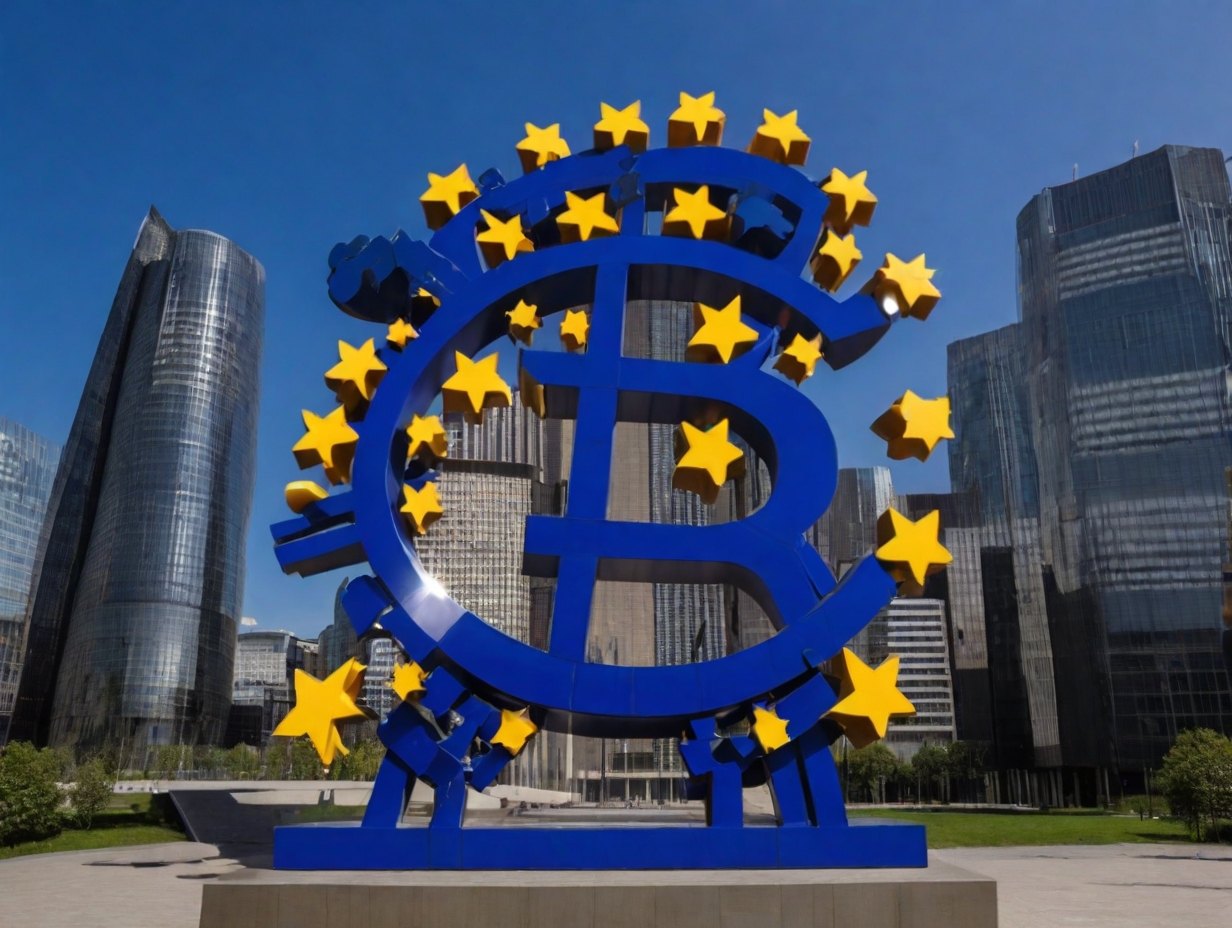The European Central Bank (ECB) reiterated its stance on Bitcoin (BTC), emphasizing that the approval of spot Exchange-Traded Funds (ETFs) for the cryptocurrency does not alter its view of BTC as unsuitable for both investment and as a means of payment.
ECB’s stance on Bitcoin
The ECB, represented by Ulrich Bindseil and Jürgen Schaaf, asserted that Bitcoin has failed to deliver on its promise of being a global decentralized digital currency and remains scarcely utilized for legitimate transactions.
Despite the recent approval of Bitcoin ETFs by the US Securities and Exchange Commission (SEC), the ECB maintains its position that the fair value of Bitcoin remains zero.
Bitcoin has failed to become a global decentralised digital currency, instead falling victim to fraud and manipulation.
— European Central Bank (@ecb) February 22, 2024
The recent approval of an ETF doesn’t change the fact that Bitcoin is costly, slow and inconvenient, argues #TheECBBloghttps://t.co/e9Ek01Dism pic.twitter.com/ddBFsv4g0w
Skepticism towards Bitcoin
This reiteration of skepticism is not new for the ECB. The central bank outlined its doubts regarding Bitcoin’s viability as a currency and an investment asset. It argued that Bitcoin transactions are inconvenient, slow, and costly, and outside criminal activities on the darknet, its usage for payments is minimal.
The ECB highlighted several challenges and risks associated with Bitcoin, including its lack of intrinsic value, absence of cash flow or dividends, and its attractiveness to less financially knowledgeable investors susceptible to FOMO (fear of missing out).
Moreover, the environmental impact of Bitcoin mining, characterized by substantial energy consumption, remains a major concern for the ECB.
ETFs and Bitcoin’s Legitimacy
Despite the approval of ETFs, the ECB questions its role in increasing Bitcoin’s legitimacy. It argues that ETFs concentrating assets contradict the diversification principle typically associated with such investment vehicles.
Additionally, the ECB contends that Bitcoin’s history is rife with scams and dubious pricing, with a significant portion of reported trading volume likely being fraudulent.
Implications and consequences
The ECB warns of the potential consequences of a renewed boom-bust cycle in Bitcoin, including environmental damage and wealth redistribution at the expense of less sophisticated investors.
Moreover, it asserts that Bitcoin’s anonymity has made it attractive for illicit activities such as money laundering and ransomware payments, contributing to its reputation as the “currency of crime.”
Land a High-Paying Web3 Job in 90 Days: The Ultimate Roadmap
